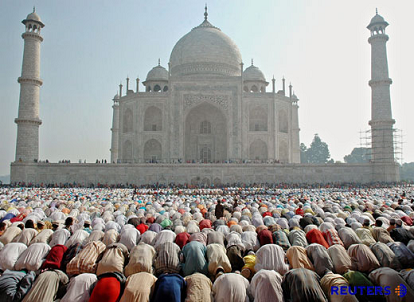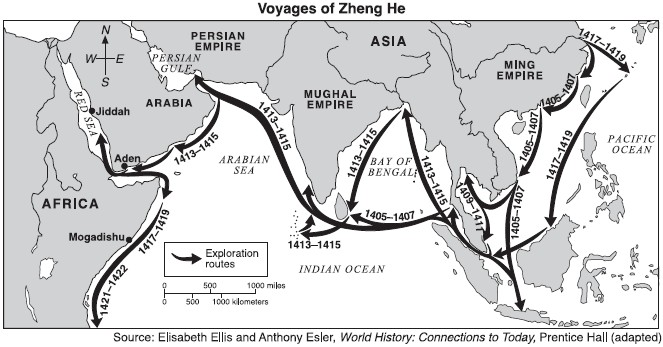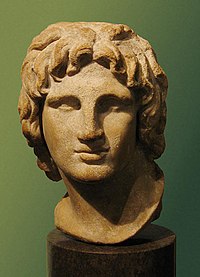Christianity
 - When: The word "Christian" was first made when Jesus came on this earth. (The mid-1st century
- When: The word "Christian" was first made when Jesus came on this earth. (The mid-1st century)
- Where: Christianity was founded in the city of Jerusalem in present day of Israel, where the teachings of Jesus Christ began. Because of prosecution, the church dispersed into Greece, Syria, Asia Minor and all sorts of other places.
- Who: Jesus is the Son of God, God having become human and the savior of humanity. (Commonly refer to Jesus as Christ or Messiah.)
- What: Christian belief is that through belief in and acceptance of the death and resurrection of Jesus, sinful humans can be reconciled to God and thereby are offered salvation and the promise of eternal life
Islam
 - When: 1400 years ago
- When: 1400 years ago- Where: in Arabia
- Who: ministry of a man named Muhammad who was the last prophet to be sent by Allah. Other major prophets who preceded Muhammad include: Ibrahim (Abraham), Musa (Moses) and Isa (Jesus).
- What: The word 'Islam' in Arabic actually means to surrender oneself to God. The Muslim Holy Scriptures are called the Qur'an. Muslims believe that the Qur'an is the actual word of Allah and was dictated to Muhammad (pbuh). The only authoritative version of the Qur'an is the one in the original Arabic.






